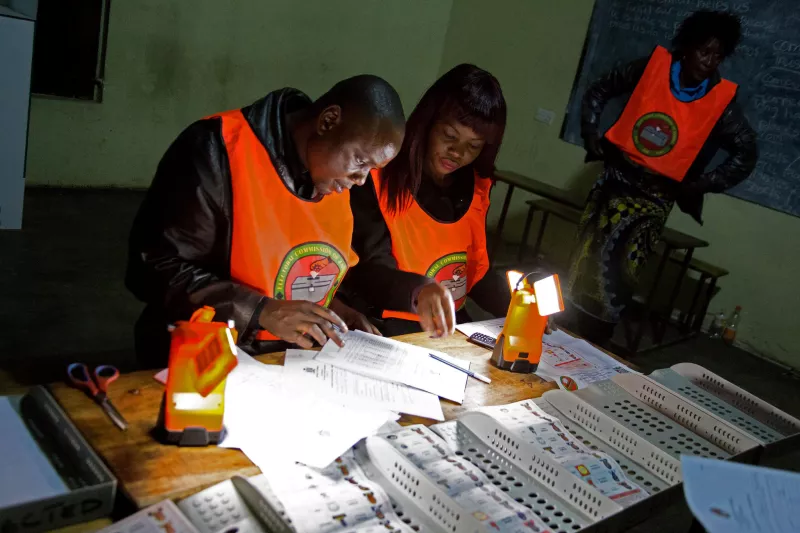Training and Learning Material
Anti-Corruption
Tackling the development challenge of corruption remains key to achieving development outcomes
Corruption undermines national security and the rule of law, stunts development and equitable economic growth, exacerbates the impacts of climate change and other shocks, and saps governments of legitimacy, eroding faith in democracy itself. It diverts resources that are needed to lift people out of poverty, improve health outcomes, and ensure that children have access to a quality education. While systemic corruption remains a pervasive challenge within countries, it has also become a transnational threat that causes severe harm to communities and democratic institutions around the world.
To address corruption, programming can focus on bolstering anti-corruption efforts, accelerating programmatic innovation and adaptation, embedding anti-corruption across development sectors including health, humanitarian assistance, and climate change, building partnerships and coalitions to transform the fight against corruption, prioritizing localization and strengthening safeguards to ensure assistance is neither diverted nor inadvertently feeds into corruption dynamics.

